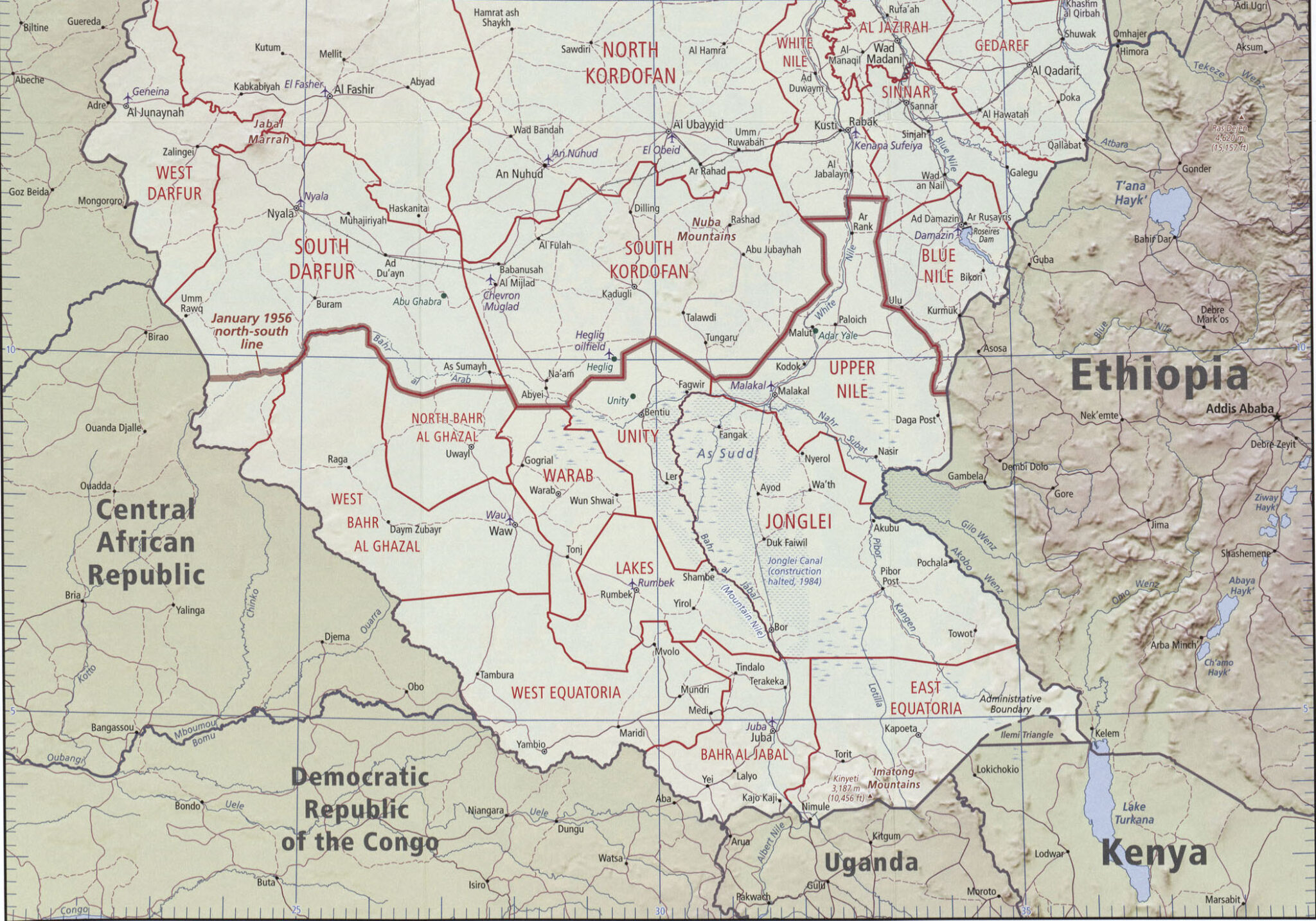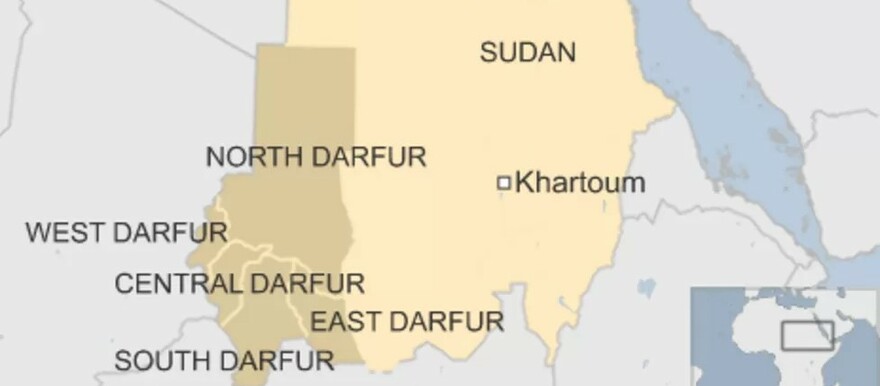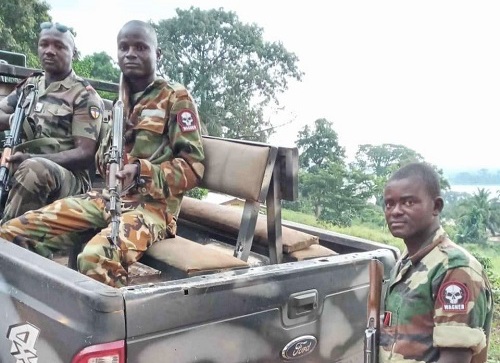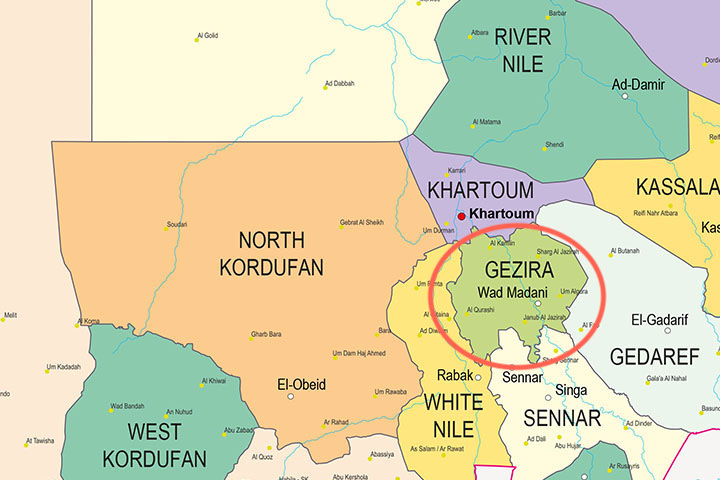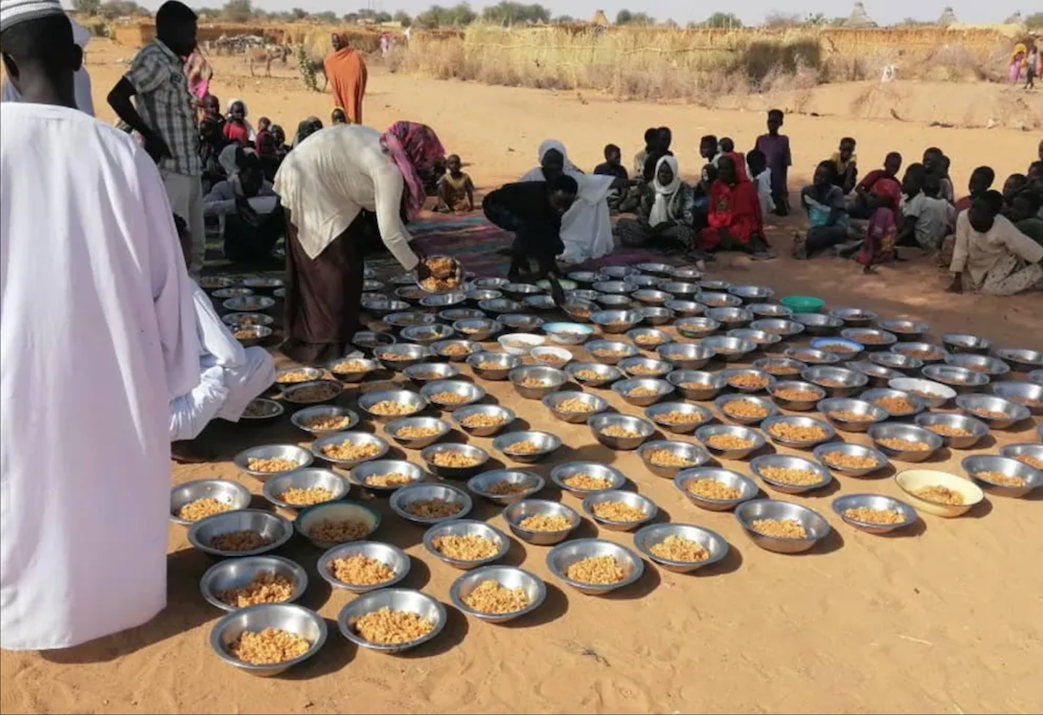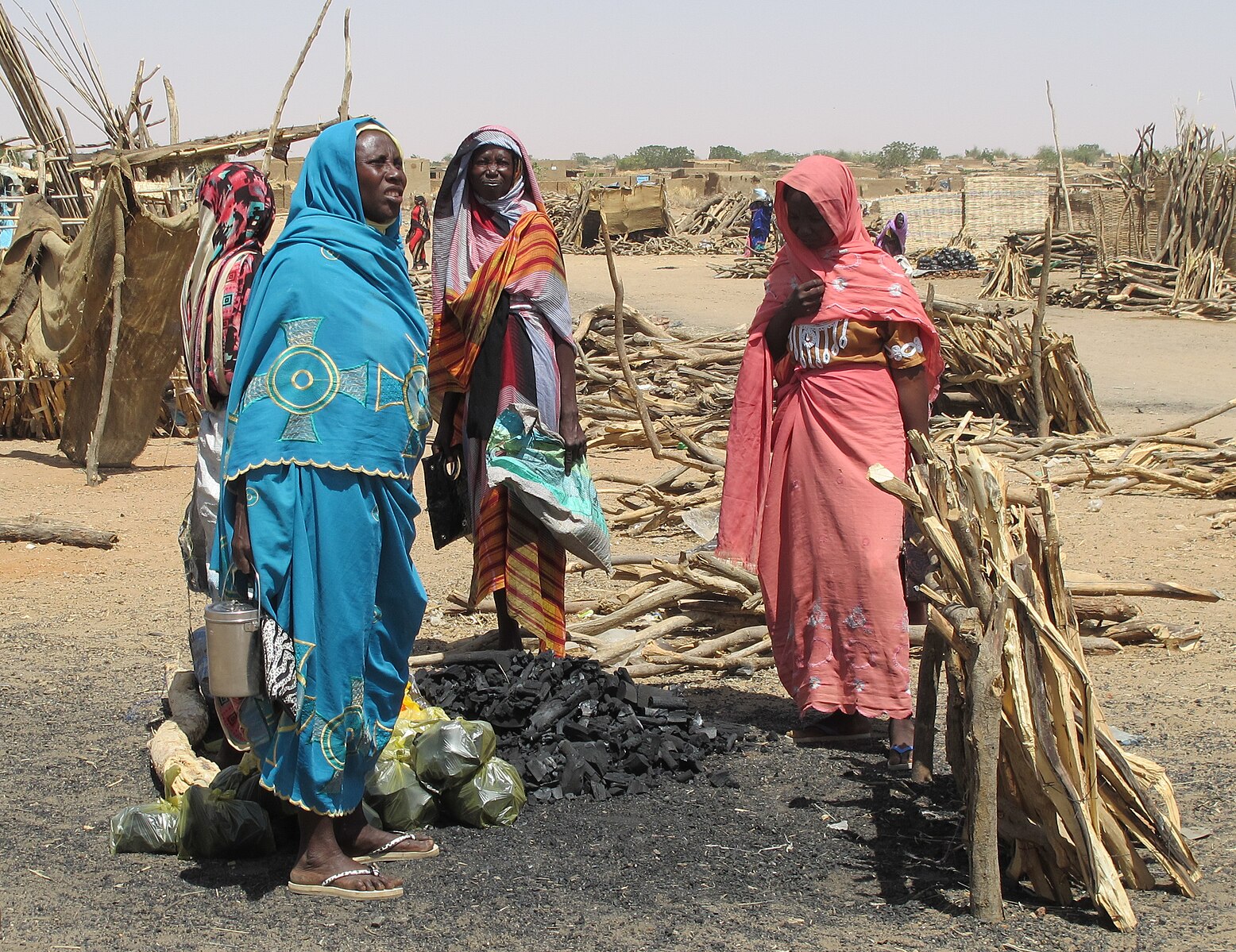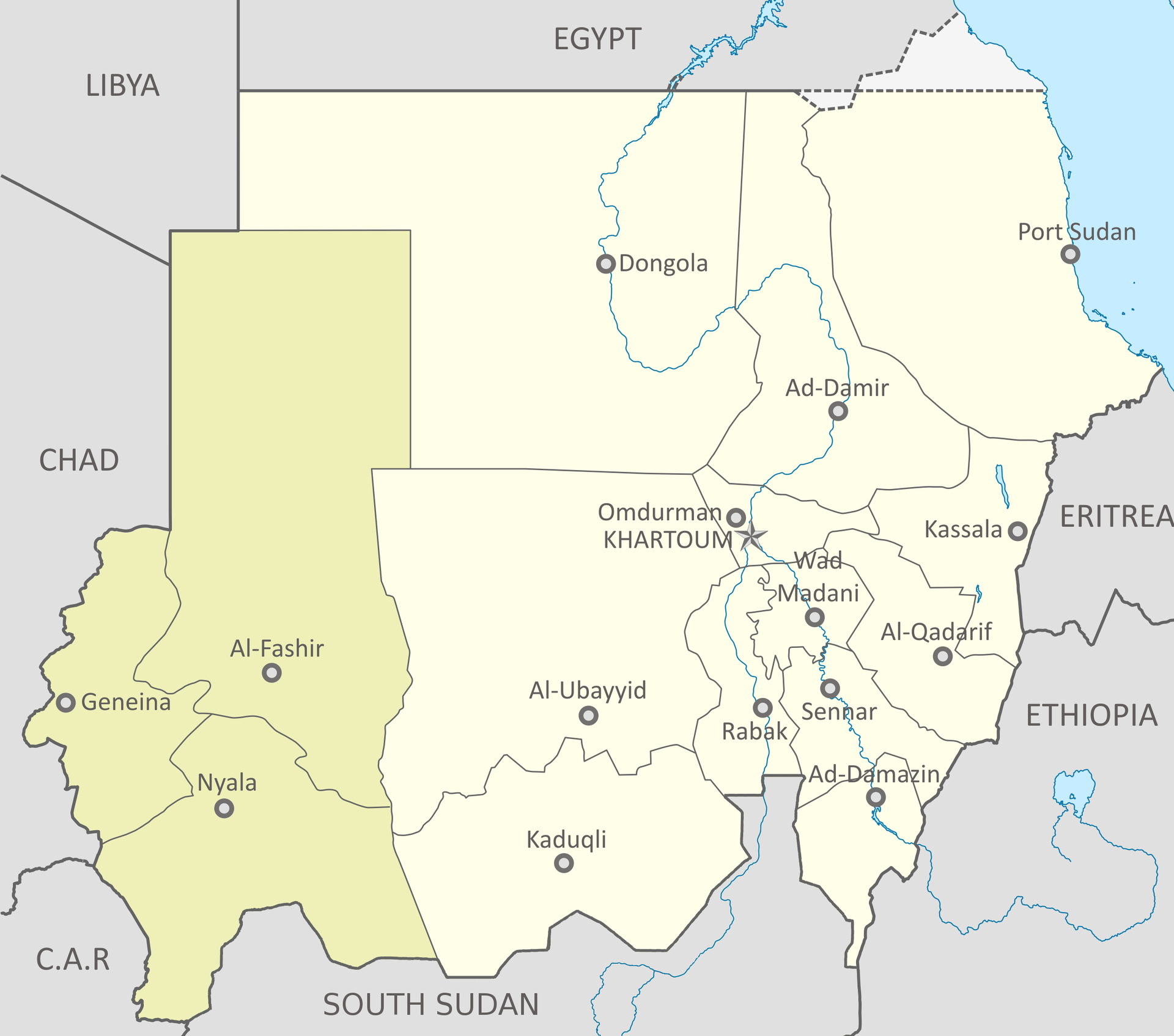
Sudan marks two years of war —and another massacre
It was tragically appropriate that the second anniversary of Sudan’s devastating civil war was marked by yet another massacre. At least 400 people were killed when the paramilitary Rapid Support Forces (RSF) overran the Zam Zam displacement camp in North Darfur. They also executed 10 staff members in the camp’s last remaining clinic, including medics and ambulance drivers. Eighty percent of the camp’s original 500,000 population has escaped to the nearby government-held town of el-Fasher, although the RSF is believed to be trying to stop people—especially young men—from leaving. Sudan is recognized as the world’s largest humanitarian crisis in a conflict marked by both sides’ brutality and intransigence. An international conference held in London last week pledged millions of dollars in aid but made no progress on ending the war. Instead, regional powers, who hold the most sway over the military rivals (including Egypt, Saudi Arabia and the United Arab Emirates) disagreed on Sudan’s political future. As splits sharpen, the RSF has declared that it is forming a rival government—deepening fears of the permanent division of the country. (Map via Radio Tamazuj)




